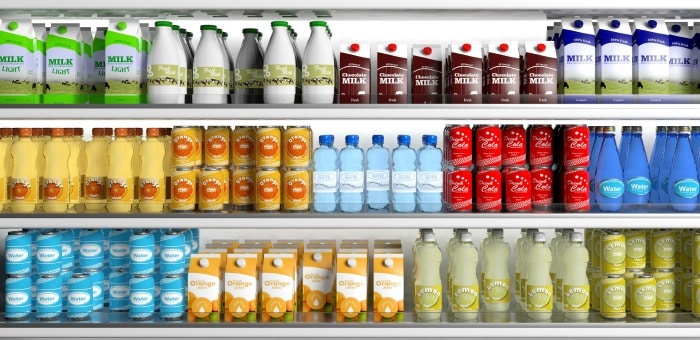New York State is home to a vibrant food manufacturing and distribution industry. Small vendors in related markets, such as beverage production and tableware, are also thriving. Businesses can’t grow without capital, however, and many startups struggle to get bank loans. As a recent article in Crain’s points out, for entrepreneurs that sell to a certain supermarket company, the supply chain itself may a funding source.
Whole Foods, Inc., a supermarket chain that specializes in organic food, is lending money to small suppliers such as TumericAlive, a maker of herbal drinks. When company founder Daniel Sullivan needed a $35,000 loan for an automatic filling machine at his bottling plant in Queens, he joined Whole Foods’ Local Producer Loan Program (LPLP), which has grown rapidly since its founding in 2007.
Susty Party, makers of environmentally-friendly tableware, also received a loan from Whole Foods. The Brooklyn-based company isn’t profitable yet, but generates more than $1 million in revenue. The $60,000 that co-founders Emily Doubilet and Jessica Holsey borrowed carries a 5% interest rate, and has supported the acquisition of new packaging and labeling machines.
Funding from Whole Foods supplies capital and credibility, but are there tradeoffs? As David Haber, the chief executive of an on-line lending company explains, “If a business is selling at Whole Foods, that’s a great indicator of quality.” Haber’s company, which is based in New York City, makes loans of $50,000 to $500,000 to small businesses. “The only potential downside to taking money for a buyer [like Whole Foods],” he warns, “is having limited flexibility in the terms and becoming beholden to them.”
Are you a New York State food and beverage manufacturer? Are you struggling to find financing, and have you explored the Whole Foods LPLP? If you’re an NYS manufacturing in another market segment, would you borrow money from a buyer?
Image Credit: © viperagp/Dollar Photo Club

